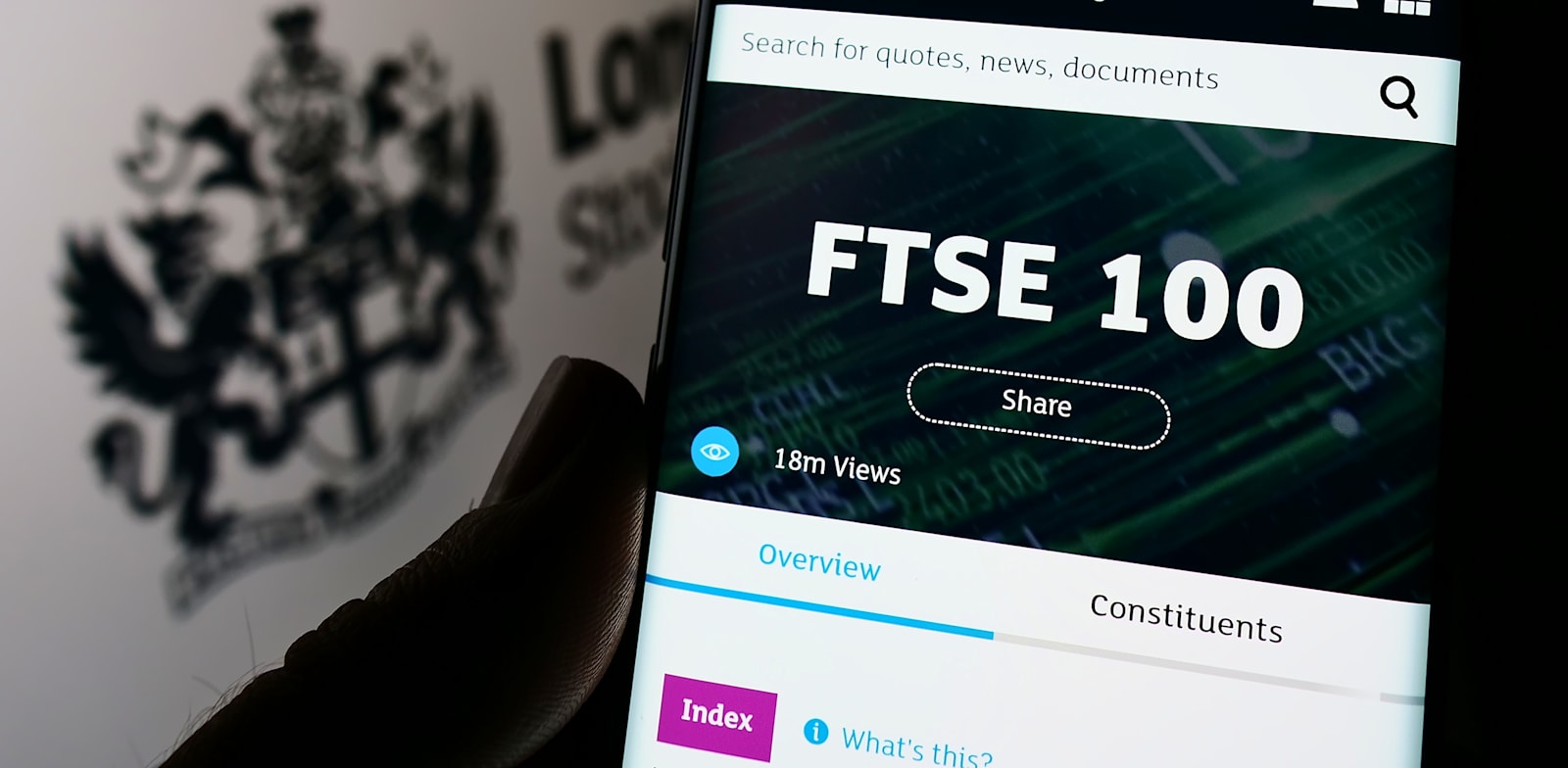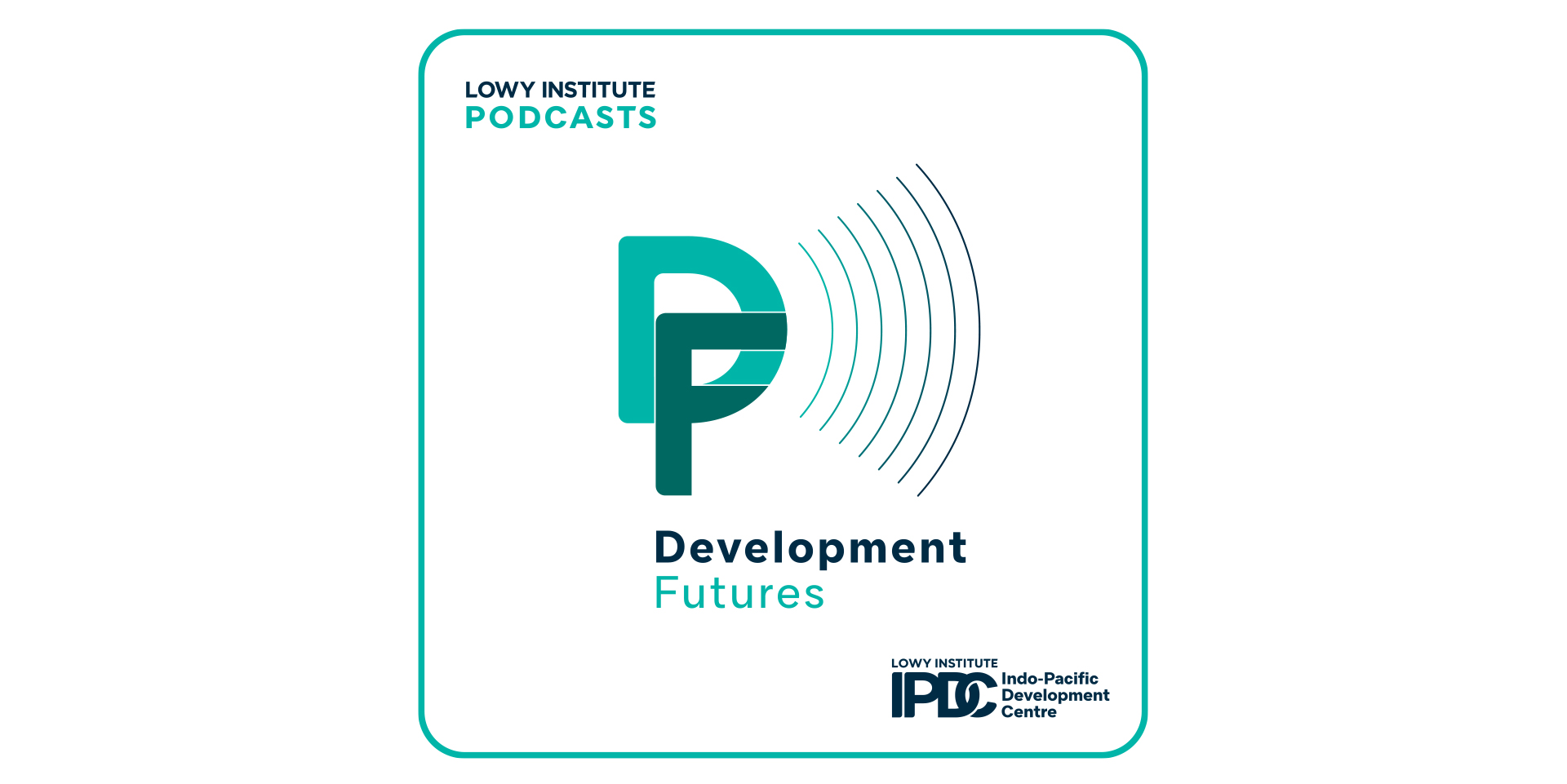The financial markets are covered extensively in trade reviews, which provide insights into various aspects of the markets. These include current reports, trends, indices, stock prices, bonds, foreign exchange, and commodities. In Europe at 10:35 am local time, stock markets were trading mixed with different indices showing varying movements. The US futures indicated a positive trend at that time.
In Asia, the Chinese stock markets were closed for Labor Day while the Japanese Nikkei was trading steadily. The Hang Seng was up by over 2%, while the Kospi index was down by 0.1%. US futures also pointed towards a positive trend.
On Wall Street, the main indexes experienced volatility following the Fed’s decision to keep interest rates unchanged. Initially trading with light movements, they surged by over 1% after the Fed Chairman stated that further interest rate hikes were not planned. However, by the end of the trading session, they closed in a mixed trend.
Chip stocks traded lower after disappointing reports from companies like AMD and NVIDIA while Pfizer beat profit and revenue forecasts. CVS Health and Estee Lauder disappointed investors with weak forecasts. Apple was expected to release its financial results later in the day with a focus on iPhone sales and future forecasts.
Microsoft announced the construction of a new data center in Thailand, investing in cloud and artificial intelligence infrastructure. In the American bond market, yields were slightly up after dropping sharply post-Fed decision. Oil prices fell night before but saw a slight increase following morning due to optimism about global demand recovery from COVID-19 pandemic impact on oil consumption as OPEC+ announced plans to gradually end production cuts earlier than planned thereby increasing supply of oil back into market hence lowering prices temporarily as consumers will have more options to buy at cheaper price which is good for them but bad for producers who have less money to invest back into their business or pay dividends or capitalize expansion plans .
The Fed’s decision to keep interest rates unchanged was expected but Powell’s speech emphasizing that another rate increase was not on the agenda was crucial information for investors to monitor and make informed decisions in financial markets as it assuaged their concerns about inflationary pressures which could lead to eroding purchasing power of money and devaluation of currency


